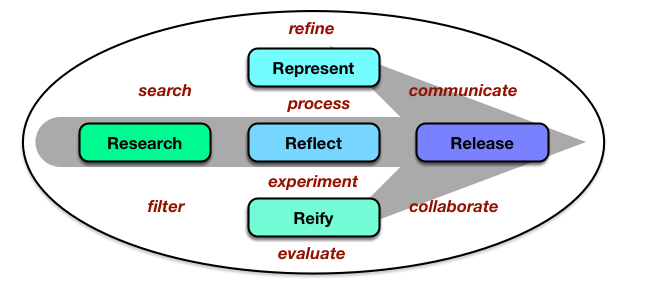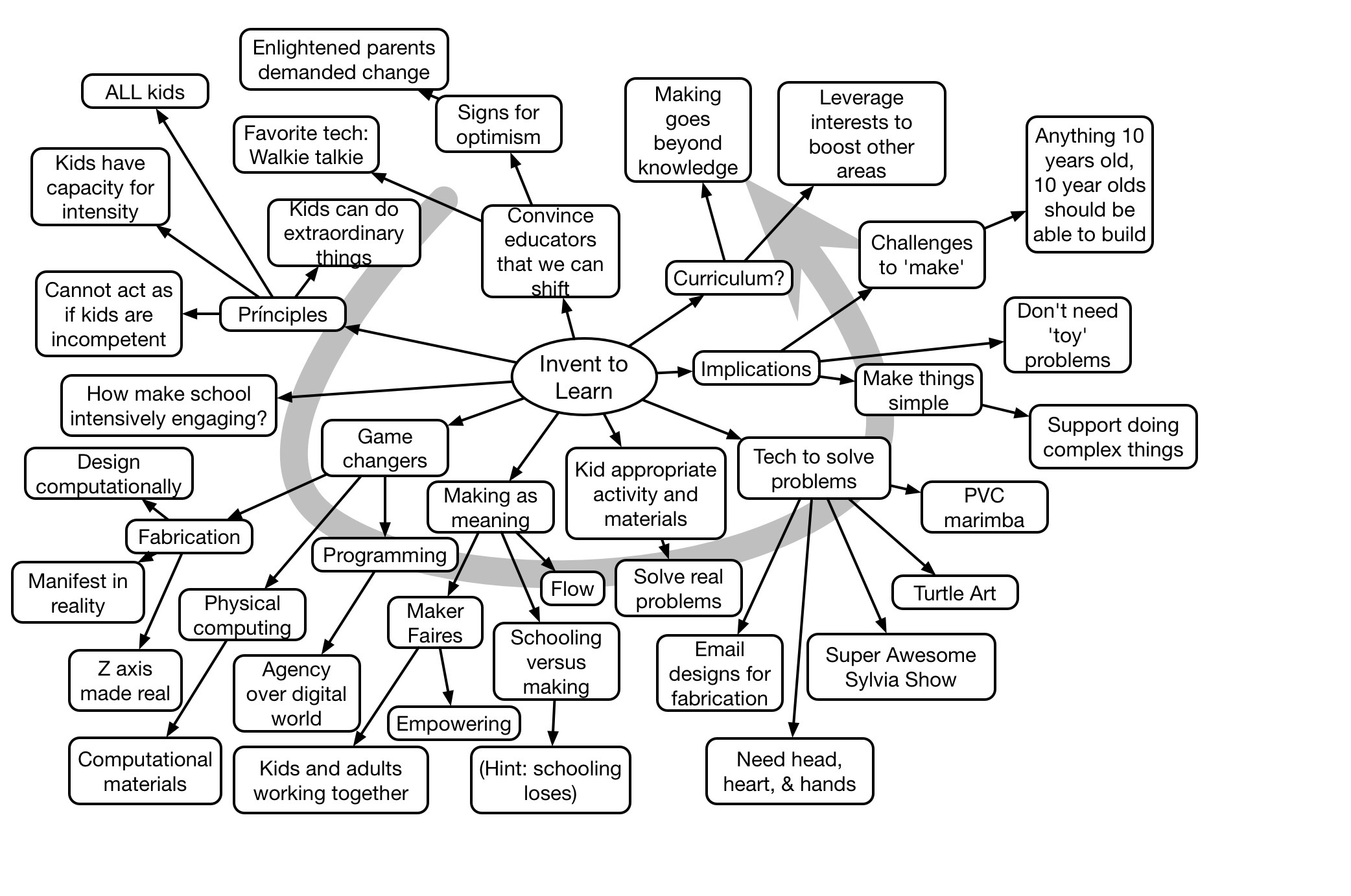Noodling: I’ve been thinking about Working Smarter, a topic I took up over four years ago. And while I still think there’s too little talk about it, I wondered also about pushing it further. I also talked in the past about an interest in wisdom, and what that would mean for learning. So what happens when they come together?
Working smarter, of course, means recognizing how we really think, work, and learn, and aligning our processes and tools accordingly. That includes recognizing that we do use external representations, and ensuring that the ones we want in the world are there, and we also support people being able to create their own. It means tapping into the power of people, and creating ways for them to get together and support one another through both communication and collaboration. And, of course, it means using Serious learning design.
But what, then, does working ‘wiser’ mean? I like Sternberg’s model of wisdom, as it’s actionable (other models are not quite specific enough). It talks about taking into account several levels of caring about others, several time scales, several levels of action, and all influenced by an awareness of values. So how do we work that into practices and tools?
Well, pragmatically, we can provide rubrics for evaluation of ideas that include considerations of others inside and outside your circles of your acquaintances, and in short- and long-term timeframes, and the impacts on existing states of affairs, ultimately focusing on the common good. So we can have job aids that provide guidance, or bake it into our templates. These, too, can be shown in collaboration tools, so the outputs will reflect these values. But there’s another approach.
But, at core, it’s really about what you value, and that becomes about culture. What values does the organization care about? Do employees know about the organization’s ultimate goal and role? Is it about short-term shareholder return, or some contribution to society? I’m reminded about the old statements about whether you’re about selling candles or providing light. And do employees know how what they do fits in?
It’s pretty clear that the values implicit in steps to make workplaces more effective are really about making workplaces more humane, that is: respecting our inherent nature. And movements like this, that provide real meaning, ongoing support, freedom of approach, and time for reflection, are to me about working not just smarter but also wiser.
We can work smarter with tools and practices, but I think we can work better, wiser, with an enlightened approach to who we are working with and how we work to deliver real value to not only customers but to society. And, moreover, I think that doing so would yield better organizational outcomes.
Ok, so have I gone off the edge of the hazy cosmic jive? I am a native Californian, after all, but I’m thinking that this makes real business sense. I think we can do this, and that the outputs will be better too, in all respects. No one says it’d be easy, but my suspicion is it’d be worthwhile.
 The core is the 5 R’s: Researching the opportunities, processing your explorations by either Representing them or putting them into practice (Reify) and Reflecting on those, and then Releasing them. And of course it’s recursive: this is a release of my representation of some ideas I’ve been researching, right? This is very much based on Harold Jarche’s
The core is the 5 R’s: Researching the opportunities, processing your explorations by either Representing them or putting them into practice (Reify) and Reflecting on those, and then Releasing them. And of course it’s recursive: this is a release of my representation of some ideas I’ve been researching, right? This is very much based on Harold Jarche’s 
